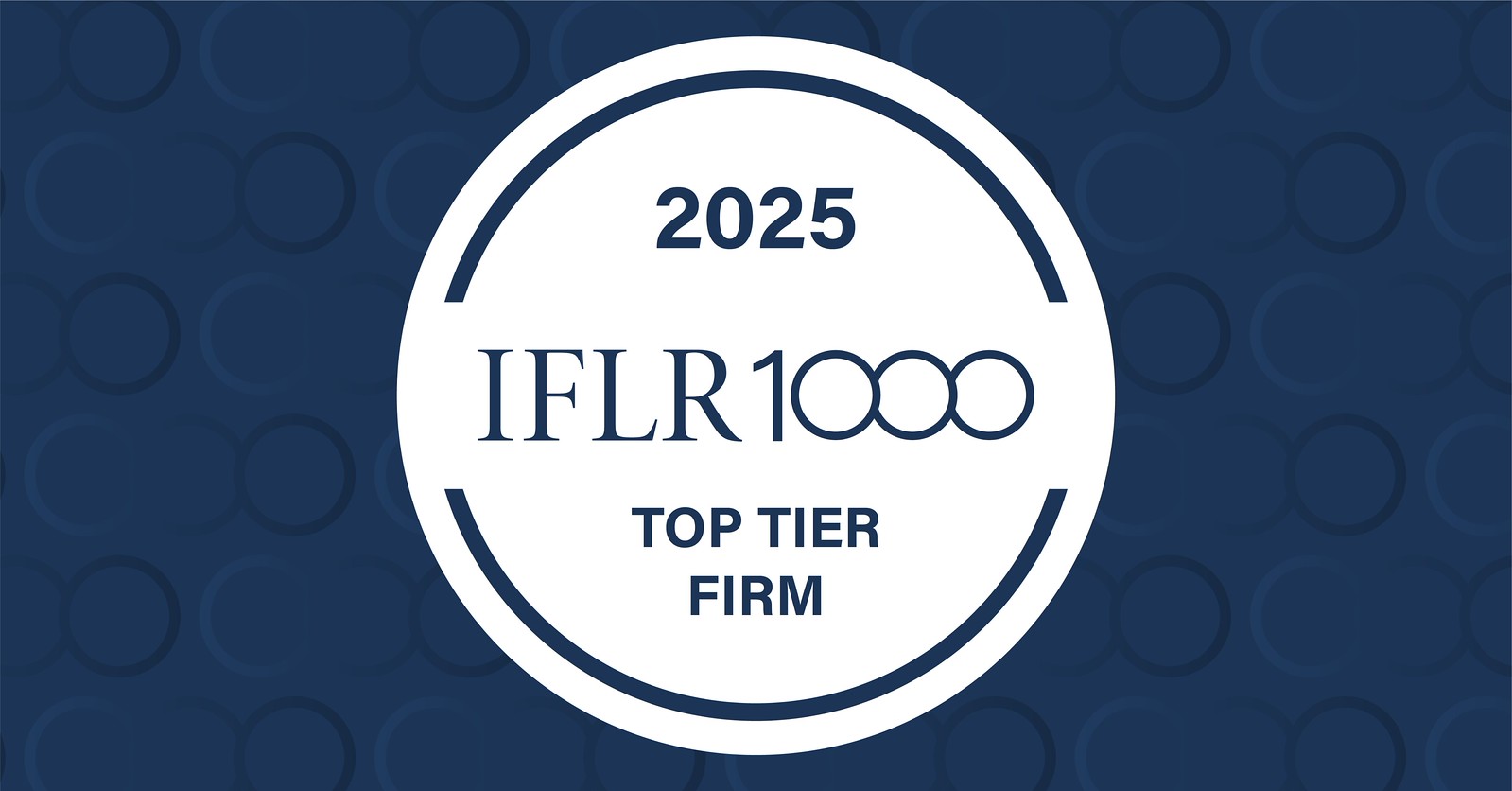JPM & Partners is proud to have advised Adval Capital on the launch of its new regional TIC (Testing, Inspection & Certification) Group — an important step in strengthening the TIC sector across Southeast Europe.
Macedonian Competition Commission Sanctions Buyers’ Cartel to Protect Market Integrity
The Commission for the Protection of Competition (CPC) of North Macedonia has taken decisive action against anti-competitive practices, imposing fines totaling EUR 220,000 on four major supermarket chains and the Association of the Economic Chamber.
Publication of Children’s Photographs under the GDPR – Whose Rights Come First?
Under the GDPR, a child’s photograph is personal data, and its publication demands a valid legal basis. Even when parents consent, online exposure — especially on public or unlocked profiles — can put children at real risk.
Privacy vs. Monitoring at Work: Striking the Right Balance in Today’s Workplace
One global jurisprudential insight says it best: Most employees spend the better part of their days — and often their evenings — at work.
New Personal Data Protection Law Enters Into Force in Bosnia and Herzegovina
As Bosnia and Herzegovina advances on its EU accession path, a significant milestone has been reached with the adoption of the new Personal Data Protection Law (DPL) — published in the Official Gazette on 28 February 2025 and entering into force on 4 October 2025.
IFLR 1000 Rankings for 2025 are Now Live
JPM | Partners proudly announces its remarkable achievements in the IFLR1000 2025.
Montenegro – Legalizing Buildings: Certainty vs. Restriction
With the entry into force of the Law on the Legalization of Unauthorized Buildings in Montenegro (effective 1 August 2025), a new framework has been introduced to address unauthorized construction and unclear property titles.
North Macedonia Joins SEPA – A New Chapter in European Financial Integration
North Macedonia has joined the Single Euro Payments Area (SEPA), a European Union project creating a unified zone for euro payments.
Sanctions Without Borders: The U.S. Strike on Lukoil and Its Regional Echo
On October 22, 2025, the Office of Foreign Assets Control of the United States Treasury (“OFAC”) updated the Specially Designated Nationals (“SDN”) list, which included LUKOIL OAO (“Lukoil”) and 3 more of its subsidiaries, and in this way the USA extended sanctions to Lukoil as well.
The Iceberg Analogy: The Hidden Foundations of AI and the Legal Profession
Imagine facing a massive iceberg as it rises from the ocean. What we see is only a small part of its size—the largest part, its true mass, is hidden beneath the surface.










